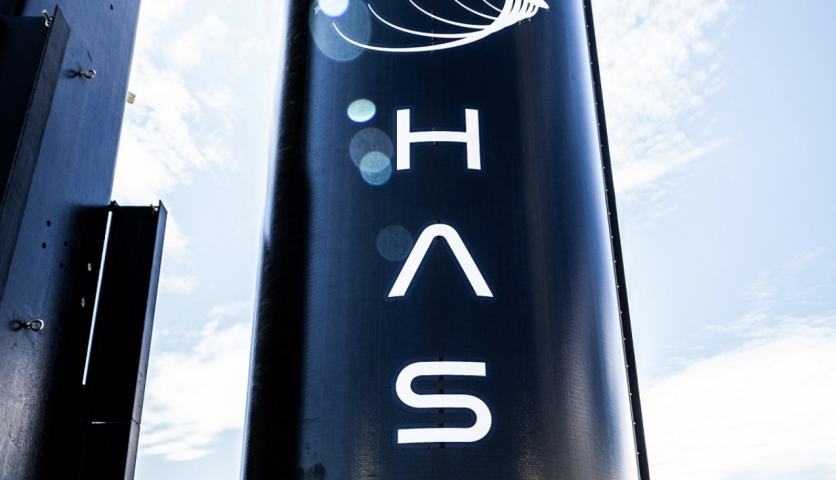Rocket Lab USA, Inc. has secured a launch services agreement with the US Department of Defense's Defense Innovation Unit for the Hypersonic Accelerator Suborbital Test Electron (HASTE) mission. This mission will deploy the Hypersonix DART AE, a scramjet-powered hypersonic vehicle with speeds up to Mach 7.

Securing Launch Services Agreement with Defense Dept.
Rocket Lab USA, Inc., a prominent player in the space industry, has secured a launch services agreement with the US Department of Defense's Defense Innovation Unit (DIU) for a groundbreaking Hypersonic Accelerator Suborbital Test Electron (HASTE) mission.
Scheduled to take place at Rocket Lab Launch Complex 2 in Virginia, this mission will introduce a suborbital payload known as DART AE, developed by the Australian company Hypersonix. DART AE, a scramjet-powered hypersonic vehicle, is engineered to navigate non-ballistic flight paths at astounding speeds of up to Mach 7 (approximately 8,350 kilometers or 5,320 miles per hour).
Interesting Engineering reported that the launch is anticipated to occur in Q1, 2025, from Rocket Lab's dedicated site at the Virginia Spaceport Authority's Mid-Atlantic Regional Spaceport on Wallops Island. The mission, named HyCat, aims to showcase HASTE's 'direct inject' capability by releasing the Hypersonix payload during ascent within Earth's atmosphere.
Redefining Hypersonic Payload Deployment
Rocket Lab is set to redefine hypersonic payload deployment with its upcoming HyCat (hypersonic and high-cadence testing) mission, showcasing the groundbreaking 'direct inject' capability of the HASTE suborbital launch vehicle.
Unlike previous missions, this paradigm-shifting launch will deploy the Hypersonix payload during ascent, all within Earth's atmosphere. This achievement highlights Rocket Lab's commitment to pushing the boundaries of aerospace technology.
As the seventh suborbital launch contract this year, the HASTE mission underscores Rocket Lab's reputation as an innovative space industry leader since its founding in 2006. From the Electron rocket to the Photon satellite platform and the upcoming Neutron launch vehicle, Rocket Lab continues to shape the future of space exploration.
Rocket Lab's Electron, the world's most frequently launched commercial small launch vehicle, introduces a game-changing element to the HASTE mission. This innovation offers a true commercial testing capability, revolutionizing the cost-effectiveness of current full-scale tests.
Business Wire reported that the HASTE suborbital launch vehicle underscores Rocket Lab's unwavering commitment to advancing space exploration, making it not only faster but also more accessible and cost-efficient.
Operated by Rocket Lab National Security (RLNS), a wholly-owned subsidiary, the HASTE mission serves as a testament to Rocket Lab's dedication to meeting the unique requirements of the US defense and intelligence community.
Selected by the DIU as a program partner for the HyCat project, RLNS collaborates with Hypersonix, showcasing Rocket Lab's expertise in accelerating hypersonic technologies and meeting the stringent demands of defense and intelligence sectors.

ⓒ 2026 TECHTIMES.com All rights reserved. Do not reproduce without permission.




